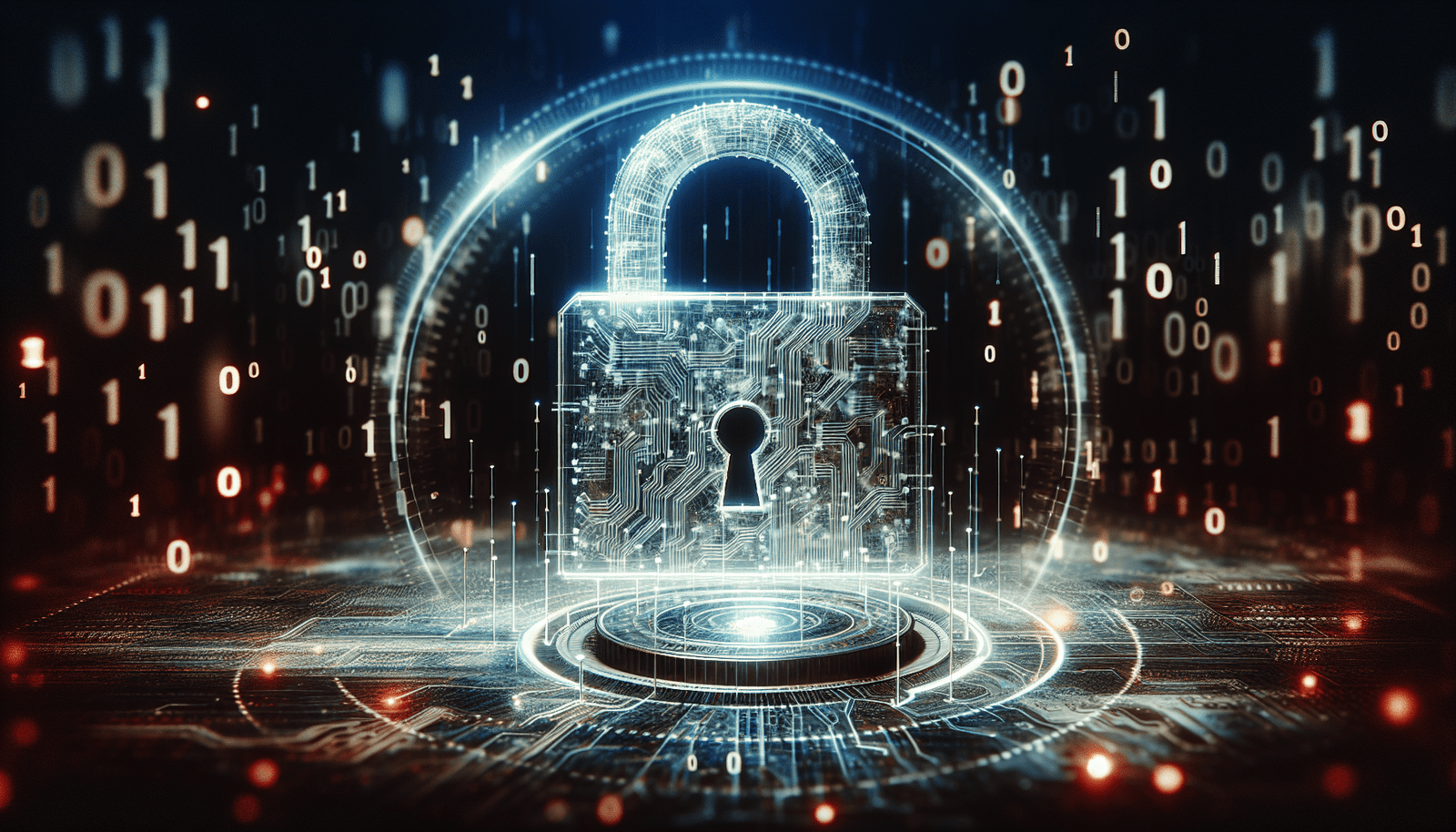Have you ever wondered whether you can truly have privacy without security? This question undoubtedly piques interest and invites contemplation in today’s digital age, where personal information is as valuable as currency. As you navigate the vast online world, understanding the intricate dance between privacy and security becomes imperative. Both are vital elements of your digital life, yet they play different roles in safeguarding your personal information.
Understanding Privacy and Security
Before diving deeper into the interplay between privacy and security, it’s important to clarify what each term entails. Often used interchangeably, these concepts have subtle yet significant differences.
What is Privacy?
Privacy relates to your ability to control how your personal information is collected, accessed, and shared. Essentially, it involves deciding who can know what about you and how this data is used. In the digital realm, this includes data like your browsing habits, personal communications, and purchase history. Privacy controls might involve setting your social media accounts to private or turning off location services on your mobile device.
What is Security?
Security, on the other hand, refers to the measures and technologies used to keep your data safe from unauthorized access and breaches. This includes practices like encryption, firewalls, and secure passwords. While privacy focuses on control and consent over personal data, security focuses on protecting that data from malicious attacks and accidents.

This image is property of pixabay.com.
The Interconnection Between Privacy and Security
Now that you know what privacy and security individually entail, it’s crucial to understand their interdependence. Think of them as two sides of the same coin in your quest to protect personal data.
How Security Supports Privacy
Security acts as the backbone ensuring that your privacy settings and preferences are upheld. Without robust security measures, it’s nearly impossible to maintain privacy in the digital sphere. For instance, high-grade encryption protects your personal messages from being intercepted during transmission. Similarly, secure passwords prevent unauthorized access to your personal accounts.
Privacy Without Security: A Flawed Concept
Attempting to maintain privacy without adequate security is akin to building a house of cards. Even if your privacy settings are impeccable, lacking security means you’re vulnerable to breaches. Consider what happens if someone hacks into an account where you’ve carefully set privacy settings? The hacker can bypass all your privacy preferences, illustrating how crucial security is in maintaining privacy.
Can You Truly Have Privacy Without Security?
The short answer is no, at least not effectively. Just as you wouldn’t expect to keep your valuables safe without locking your door, you can’t expect your personal information to remain private without implementing strong security measures. Simply put, a healthy level of security is foundational to ensuring privacy.

This image is property of pixabay.com.
Strategies to Enhance Both Privacy and Security
Given the interconnectedness of privacy and security, you may be wondering how to effectively strengthen both. Here are some strategies you can employ:
Develop Strong Password Practices
Passwords are your first line of defense in the digital environment. Opt for complex passwords that include a mix of letters, numbers, and symbols. Avoid using easily guessable information like birthdates or common phrases.
Enable Two-Factor Authentication
Implementing two-factor authentication (2FA) adds an additional layer of security by requiring a second form of verification before access is granted. This can greatly enhance the security around your accounts.
Update Software Regularly
Regular software updates usually contain patches for security vulnerabilities. By keeping your software up-to-date, you safeguard your systems against newly discovered threats.
Be Mindful of Information You Share
Think twice before sharing personal information online. Whether it’s a social media post or filling out a form, consider the necessity and risks involved. Practicing discretion can protect your privacy in the long run.
Use Virtual Private Networks (VPN)
VPNs can obscure your online activity by routing your internet connection through a secure server. This not only enhances privacy by keeping your browsing habits hidden but also boosts security by encrypting your data.

This image is property of pixabay.com.
How Do I Delete All My Activity History?
Perhaps you’ve decided to take swift action in protecting your data by deleting your activity history. This can serve both your privacy and security interests by reducing the amount of accessible personal information.
Clearing Browsing Data
Across different browsers, you can find an option to clear your browsing history. Here’s a simple table outlining steps for a few popular browsers:
| Browser | Steps to Clear Browsing Data |
|---|---|
| Chrome | Go to Settings > Privacy and security > Clear browsing data. |
| Firefox | Open Menu > Privacy & Security > Cookies and Site Data > Clear Data. |
| Safari | Safari > Clear History from the menu bar, and select the time range. |
| Edge | Settings > Privacy, search, and services > Choose what to clear. |
Deleting Search Engine Activity
If you’re using a search engine like Google, know that it stores your searches. To delete this data:
- Log into your Google account.
- Go to ‘My Activity.’
- Use available filters to identify what to delete, or select all and erase.
Erasing Social Media Activity
On platforms like Facebook, you can monitor and delete past posts. While you cannot erase the interactions of others, removing your own activity can enhance your privacy.
- Access your profile.
- Choose the Activity Log.
- Review items and delete individual entries or bulk delete when possible.
By regularly clearing these histories, you reduce the digital footprint that can be used to infringe upon your privacy.

Conclusion
In contemplating the possibilities of achieving one without the other, it becomes evident that privacy and security are inextricably linked. While both concepts have distinct roles, one can’t thrive without the other. Whether you are deleting browsing history or setting up a VPN, enhancing your privacy requires a strong security foundation. Thus, commit to ongoing learning and adapting security measures to safeguard your digital life effectively. As you continue exploring cybersecurity, always question and adjust your practices as threats evolve with time.



